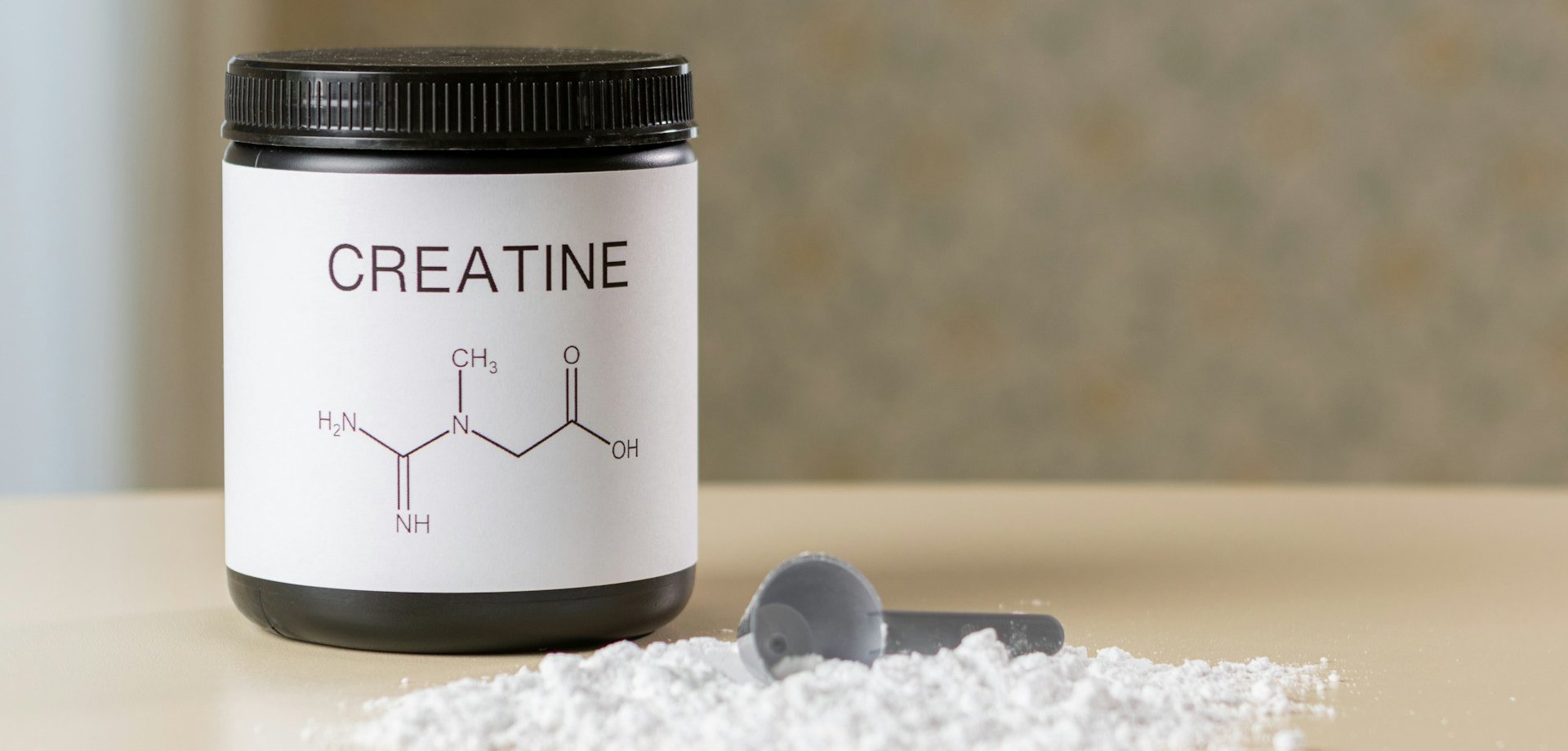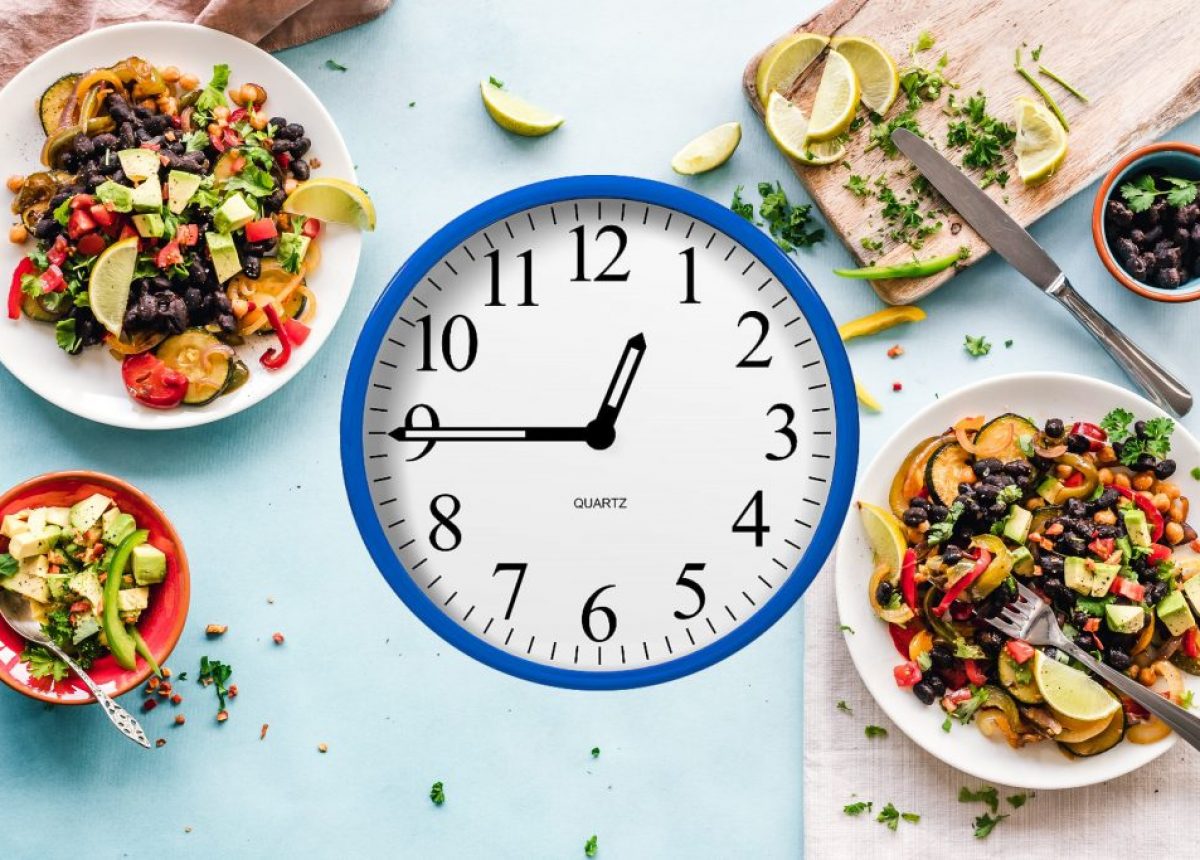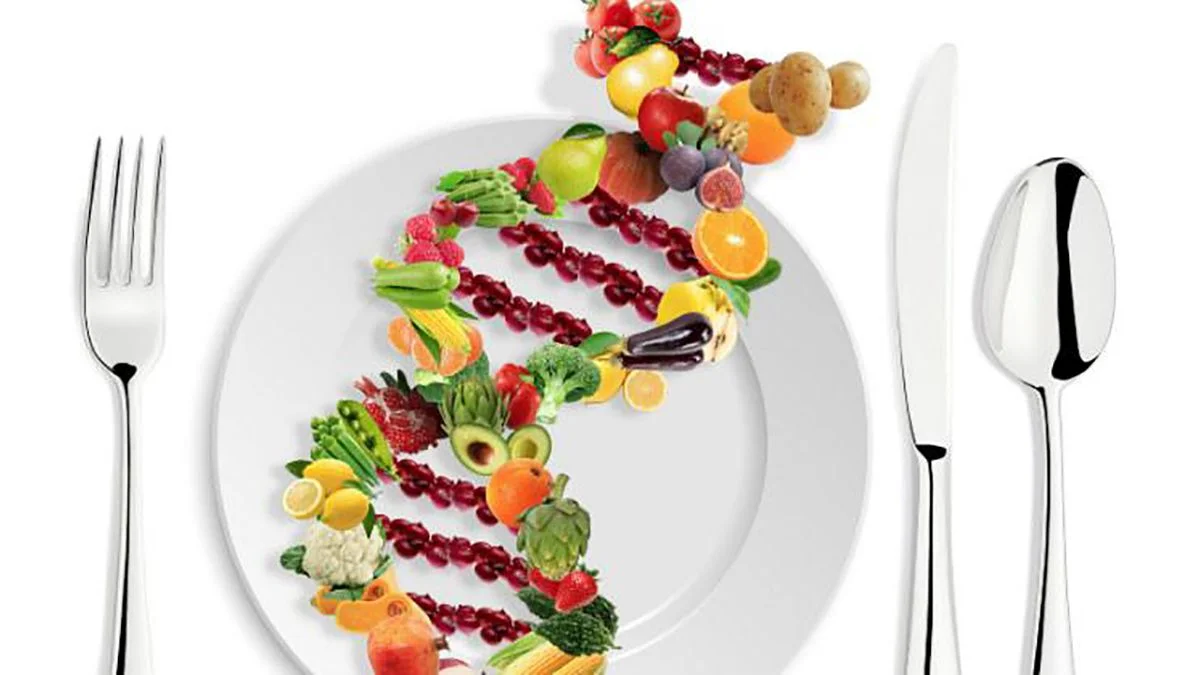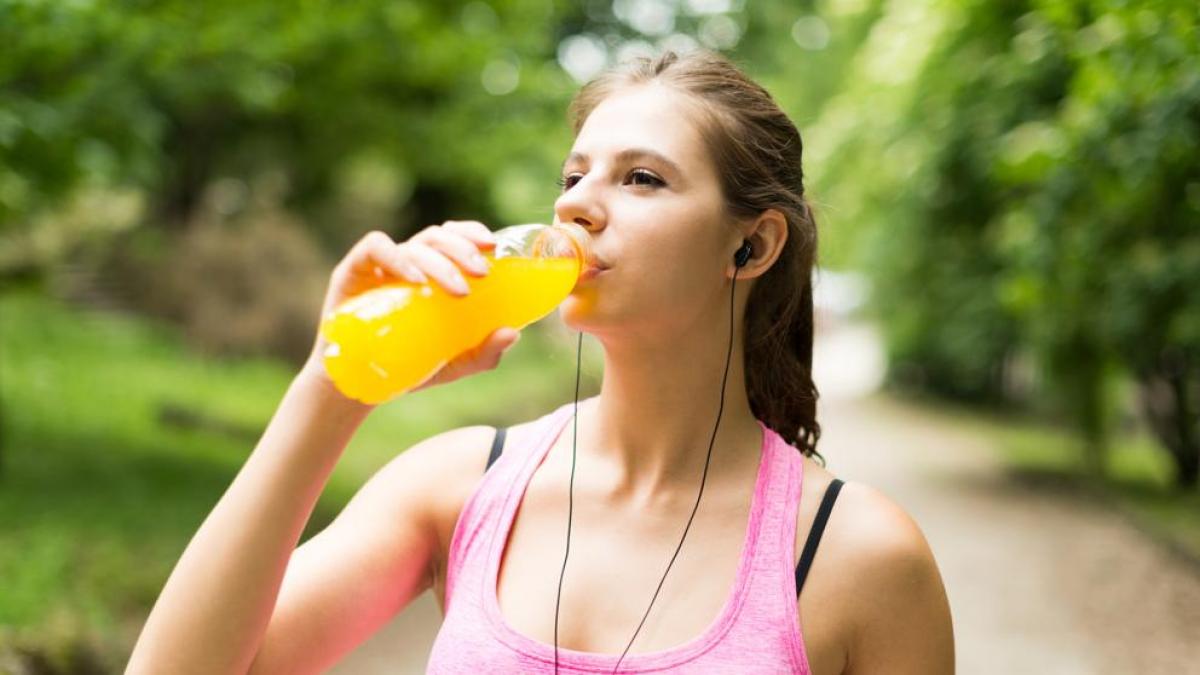Liquor in December
Author:
Julio Valero
Published on:
4/24/2022

December has arrived, and many people are already thinking about abandoning their diets and goals until the new year. For many, this time of year is about indulging in alcohol and foods that are off-limits during their regular diets. Of course, some prefer to avoid social gatherings to stick to their diets, or they might go out but only consume water or zero-calorie soda. However, this last option doesn't seem much more appealing than simply staying home.
It is not necessary to abandon your diet goals and interrupt a process that may be halfway through or about to end, but what is necessary is to better plan the paths to follow this month or on the days you consider to be part of said month.
AS ALWAYS science is right, and it all comes down to calories in versus calories out, followed by a proper macronutrient profile, and congruent training.
For these dates, basically what we have to do is plan the day that we decide to eat or drink something that is difficult to fit in, but if it is planned well, it should not be a problem to fit it in, you just have to know your diet in detail and the food/drink to fit in.
I will use myself as an example. My diet consists of 440g of carbohydrates, 70g of fat, and 155g of protein, which adds up to 3010 Calories.
My decision has been to drink beer, because the lower the alcohol content, the lower the calorie content. A 220 ml bottle of beer contains on average 90 calories. The idea is to be able to count these calories within one of my macronutrients. I personally recommend doing so from carbohydrates as the first option, and second and last from fat. Protein should always be conserved for protein synthesis reasons.
To convert these 90 calories from a 220 ml bottle of beer to grams of carbohydrate and be able to record it in my diet, I will only have to divide the 90 calories by 4, since each gram of carbohydrate provides 4 calories.
As follows, 90/4 = 22.5g of carbohydrate per 220ml beer. This means that if I want to drink 10 beers from the example, I will have to subtract 225g from my 440g carbohydrate intake, leaving me with 215g of carbohydrates for the rest of my meals
NORMALLY for an elite athlete, amateur or bodybuilder, the best advice would be not to drink anything at all, more for health reasons and cellular processes than for body composition, but I assume that not everyone wants to be ELITE, so if having a few drinks translates into sustainability in the objective, NOTHING HAPPENS, and even more so when it is done sporadically.
Some other ideal tips for these days:
Drink a little more water than usual, as alcohol causes dehydration.
Ensure that the remaining macronutrients, after accounting for the liquor, primarily come from foods rich in micronutrients and fiber. This will optimize cellular nutrition.
If you're a big eater, opt for bulky foods that are low in macronutrients. This way you can eat more without exceeding your macronutrient goals.
Choose low-calorie drinks, like beer. This way, you can drink more than you would with whiskey, for example.
Avoid physical activity the morning after a night of drinking. Alcohol stresses the nervous system and overall metabolism, and exercise will only exacerbate the situation, contrary to popular belief.
If you want to be more strict on this day, only use a maximum of 10-20% of your target calories for liquor.
Carefully check the calorie content of the drink you choose, and make sure you know the amount on which its information is based, for example, for every 25/50/75 ml the amount of calories, so you can determine how much to ingest.
AVOID cocktails, usually the liquor used for these preparations is very high in calories, plus they add a lot of sugar that also needs to be recorded, which leaves you with a very low range.
Personally, I don't recommend drinking alcohol. In fact, I rarely do it myself. However, when I do, I usually apply the principles I've shared in this post. This allows me to enjoy any drink that appeals to me within my dietary guidelines, without feeling guilty or like I've made a mistake.
Comparte en redes sociales
Recent posts

A bad night's sleep: a reason to stay up even longer?

Creatine Effectiveness: What Does Science Say About Its Benefits?

Does meal timing help you lose fat?

Is your triceps press building muscle or holding you back?

Nutrition tailored to you: based on your genetic profile.

Carbohydrates: the key to an explosive workout.